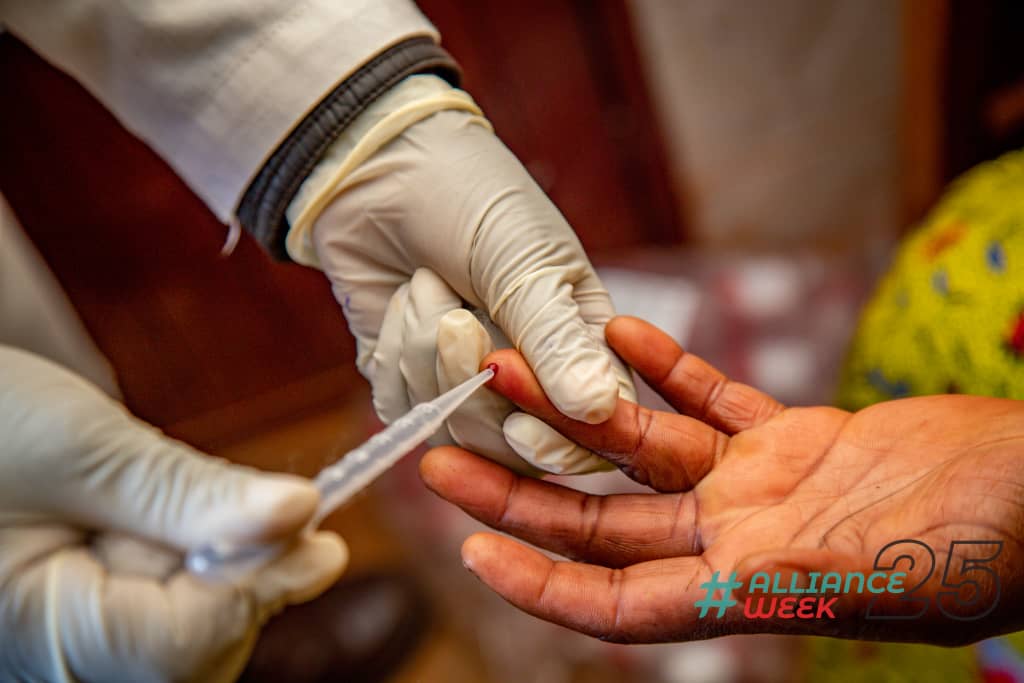
When did you last pause to truly consider your sexual health? For some, it’s about contraceptives. For others, it’s having only one sexual partner. And for many, it doesn’t cross their minds at all. But it must. Sexual health isn’t optional; it’s essential.
Sexual and reproductive health is a core part of overall well-being. When neglected, it can have a ripple effect, ultimately affecting your physical, emotional, and mental health.
As our bodies change, so do the decisions we make, becoming sexually active, entering relationships, or sometimes engaging in risky behaviours. These aren’t minor life moments. They demand daily attention and care.
What Routine Sexual Health Looks Like.
- Know your HIV status, and that of your partner.
- Access PrEP or PEP if you are unsure about exposure.
- Get tested and treat STIs promptly to avoid complications.
- Seek proper medical care from a qualified professional.
Why Young People Mustbe Included.
Uganda still faces a high HIV burden. In 2024, about 5,000 new HIV infections occurred every week, and 70% of these were among adolescents and youth that’s approximately 3,500 young people contracting HIV weekly. Even more alarming, adolescent girls and young women were nearly four times more likely to contract HIV compared to their male peers (Uganda AIDS Commission, 2024).
These figures show that sexual health conversations cannot exclude young people they need accurate information, supportive environments, and accessible services to make safe, informed decisions.
Barriers Holding Back Youthfrom Care.
Despite the need, many health facilities still fail to offer youth-friendly sexual and reproductive health (SRH) services. Young people often face;
- Stigma and discrimination from healthcare workers.
- Lack of confidentiality discourages them from seeking care.
- Few or no peer-to-peer programs.
- Limited or no youth corners or safe spaces where they can freely ask questions and access services.
- Unmet family planning need.
These barriers stop young people from getting the care they deserve, worsening existing SRH challenges and fuelling stigma.
A Right, Not a Privilege.
As we work towards improving health services, let’s remember, sexual health is a right, not a privilege. Taking care of it isn’t only about avoiding disease it’s about living fully, healthily, and meaningfully.
Your sexual health matters. Don’t treat it as optional but rather treat it as essential.
Written By:
Miranda Violet Bagamba, Advocacy and Communications
